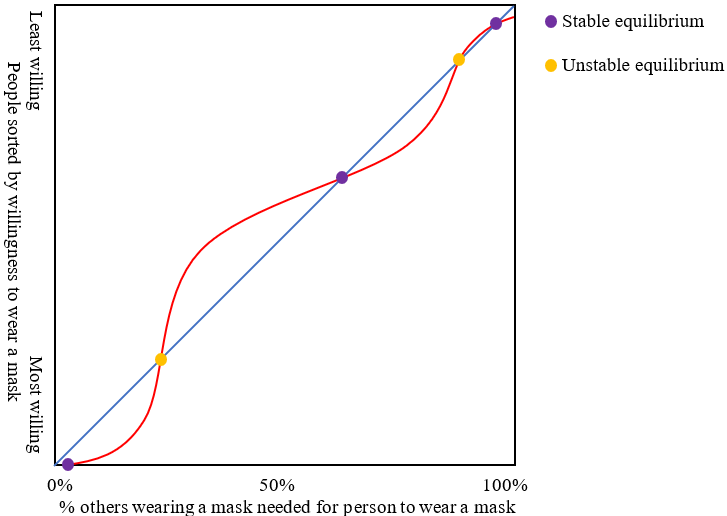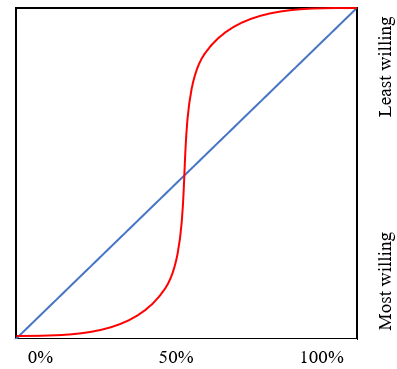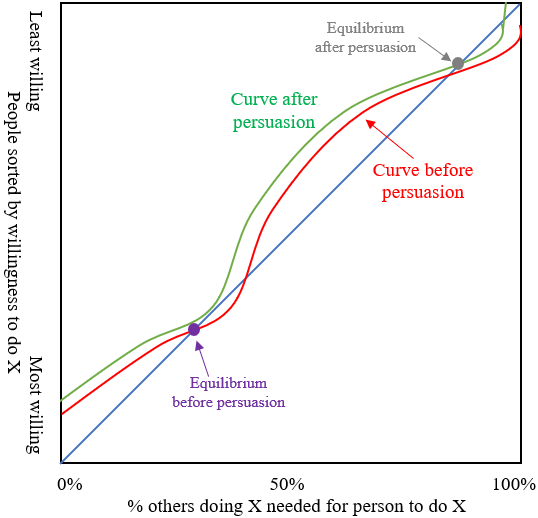
 LessWrong (Curated & Popular)
LessWrong (Curated & Popular) “Power Lies Trembling: a three-book review” by Richard_Ngo
16 snips
Feb 26, 2025 Richard Ngo, an insightful author and thinker, delves into the sociology of military coups and social dynamics. He paints coups as rare supernovae that reveal the underlying forces of society, particularly through Naunihal Singh's research on Ghana. Ngo discusses how preference falsification shapes societal behavior, especially in racial discrimination, and emphasizes the importance of expressing true beliefs. The conversation also touches on Kierkegaard's ideas, contrasting different forms of faith and their roles in uniting individuals for collective action.
AI Snips
Chapters
Books
Transcript
Episode notes
Coups as Coordination Games
- Coups can be viewed as coordination games, where military officers prioritize joining the winning side.
- This explains why unpopular dictators can retain power and why symbolic targets are important.
Making a Fact in Coups
- In coups, managing public information is crucial for creating self-fulfilling common knowledge ("making a fact").
- Broadcasting claims of victory, even if false, can sway the outcome by influencing perceptions of who will win.
Making a Fact in Meetings
- Taking charge in social settings can establish your leadership.
- Richard Ngo illustrates how confidently expressing support in meetings can create a sense of consensus, even if most disagree.







